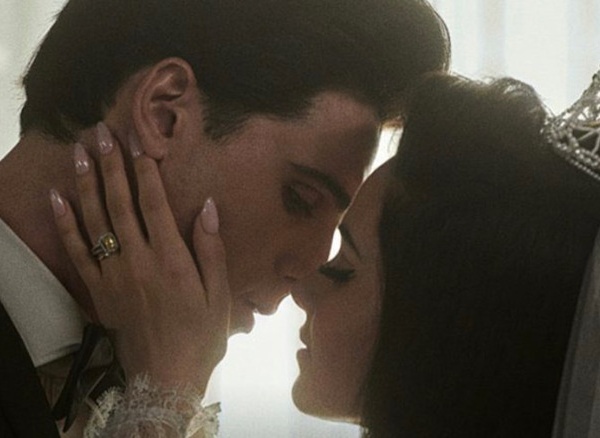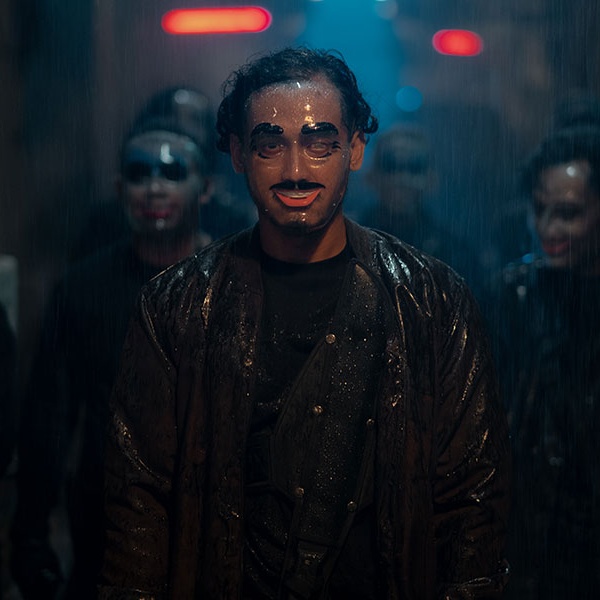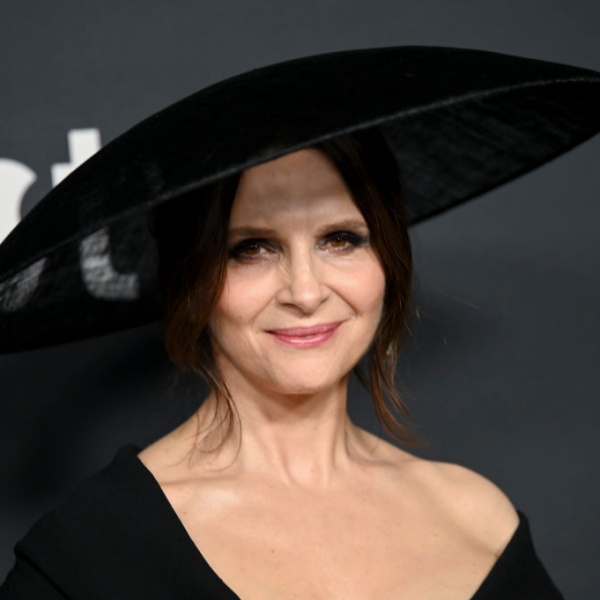Says Her Mel Gibson-Led Drama Was “Something Simple to Hold On To Discuss Something Incredibly Complex”

It’s somewhat strange to consider what “The Beaver” could have been. Topping 2008’s Black List, Kyle Killen‘s script was considered the best of those left unproduced from that year. The project originally had a star in Steve Carell and was set to be helmed by Jay Roach, but both parties eventually moved on, and after a brief flirtation with Jim Carrey, the script fell into the hands of Jodie Foster, who pushed to have former co-star and friend Mel Gibson play the lead. After production wrapped way back in the fall of 2009, the film is finally being released next week, to a mix of cautious anticipation and weariness — with it’s odd premise, dark tone and a star who, in recent years, has had personal troubles splashed all over tabloid pages, it will be interesting to see how the final incarnation of ‘Beaver’ fares. Our SXSW review found the tone somewhat difficult to grasp, but ultimately an affecting film, with performances from an ensemble of actors at the top of their game.
We recently had the chance to hear what Foster had to say about the film, her decidedly dramatic tone in the face of a beaver puppet and her leading man, Mel Gibson.

If somehow one has managed to by-pass the premise for this film, let us give you a smidgen of context: Walter Black (Gibson) is depressed. And not just sad, he’s the climbs-into-his-bed-with-shoes-still-on, empty-shell-of-a-man, vacant stare kind of depressed. But it’s not the alienation of his children or his wife kicking him out that pumps Walter back to life, it’s the discovery of a beaver puppet in a dumpster, who after a particularly dark night, begins spouting self-help advice in an attempt to get Walter back on his feet. Unconventional for sure, but not exactly funny-ha-ha, Foster knew from the very beginning what she was dealing with. “It did have an absurd, high concept premise [but the puppet is] something to hold on to discuss something incredibly complex. I always saw the drama in it,” she explains. Like the films she has directed in the past (“Little Man Tate,” “Home for the Holidays“) “The Beaver” was about family. “I connected most with the family drama, the relationship between the father and the son and decided to work back from there… how can I build it to this melancholy, kind of bittersweet essay about family?”
But despite the serious subject matter, there was no denying that one of the leading roles would eventually be carried by a goofy looking beaver puppet. “We always like there to be those first chuckles upfront [from an audience], because it allows people to go ‘okay I’m allowed to laugh at this’ [but] it’s important for people to understand when it turns, and to kind of go with it, and I think honestly that’s Meredith’s (Walter’s wife, played by Foster) job… to see the film in a dramatic way, to always see [Walter] in a dramatic way, that doesn’t stop for the comedy.”
“It definitely has lightness to it, most of that is situational, most of that is put a puppet in a scene with 75 office executives and there’s going to be humor — there’s nothing you can do about that — but it’s not played broadly.” And Foster was careful not to let the humor take over, staying true to the script and even at times reigning in Gibson’s performance if she felt it became too over the top, “There was a lot of pulling back. [Gibson’s] original instinct for the character was always a little darker than other people had anticipated, so I wasn’t worried about him going off on some broad route, [but] there definitely were moments when it was hard for him to resist the temptation to go to comedy, him punching himself, it’s hard not to go to comedy there.” But Foster stayed, “absolutely adamant.” Particularly in the scene where Walter assualts himself, even Killen weighed in (via a note) that this was serious business. Said Foster, “In the screenplay, there’s a note on the side, the only note in the screenplay, is that “this scene must be played as seriously as a heart attack, there’s nothing funny about this.’”
From the mutual respect of a longtime friendship (they co-starred in “Maverick” together and have been close since) Foster and Gibson were able to work together to find a balance between these comedic moments and their darker undertones, “The way that Mel prepares for a part is really just to talk to people… and come up with very specific ideas about what he’s looking for.” Her take on the final product is a humble one, “Once we have the script down and we know how the script changes happen, you just say roll and stuff happens. I have nothing to do with his performance, I mean I guide him and I say this is what I’m looking for, but honestly that’s what an actor brings to the table and that’s why you’re so grateful for them when they give such a wonderful performance.”
And as far as her star’s personal woes? “I don’t know what to say to people, it’s a question, can you put aside the private things that you know about him because they’ve been exploited on the internet? Can you put that aside when you’re watching an artist? And I don’t know, that’s a good question.”
If this writer’s opinion is worth a salt, you should, as Gibson packs in a heart-wrenching, powerhouse of a character, but you won’t have to wait long to evaluate for yourself, “The Beaver” hits theatres starting next week, May 6th.




